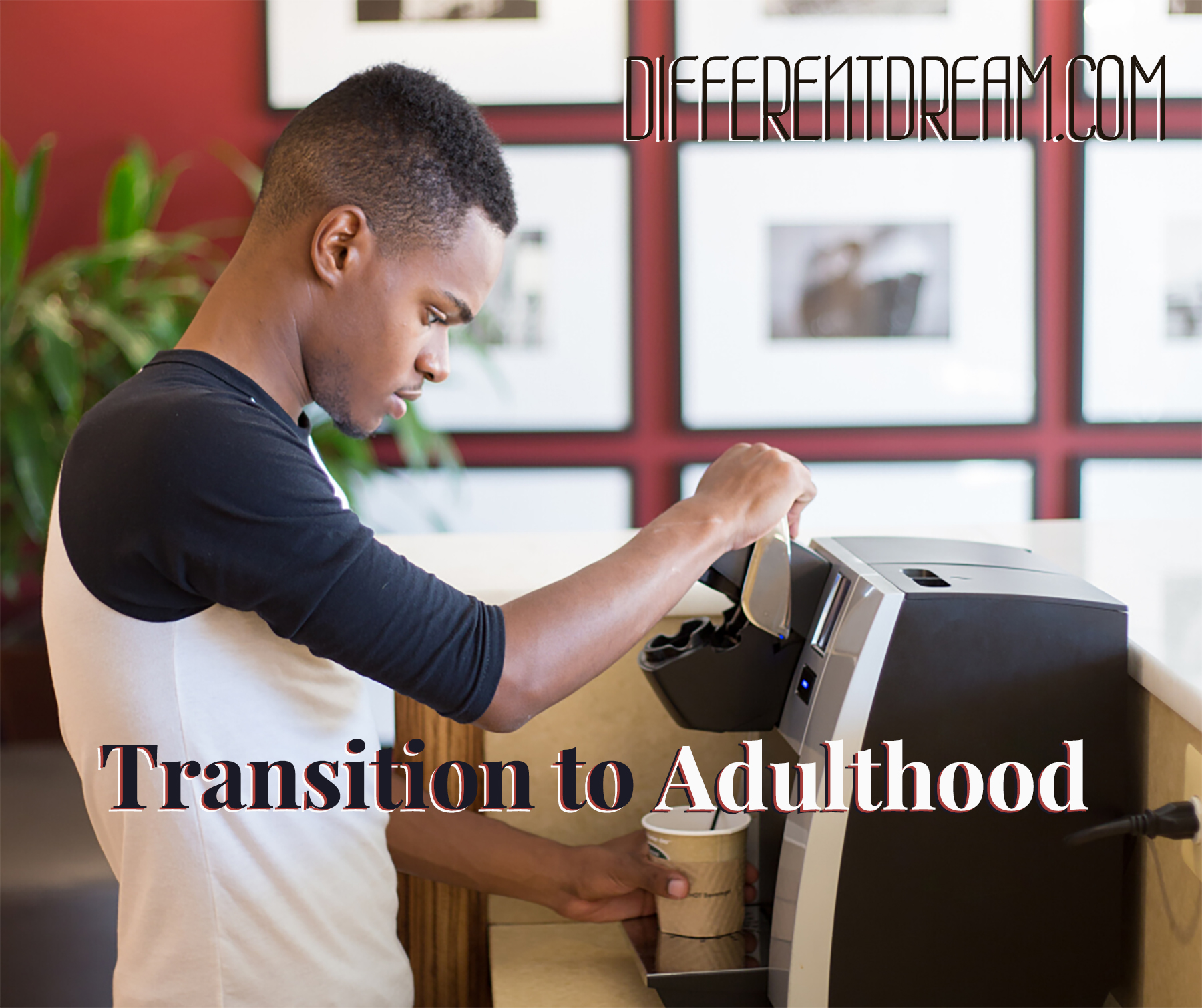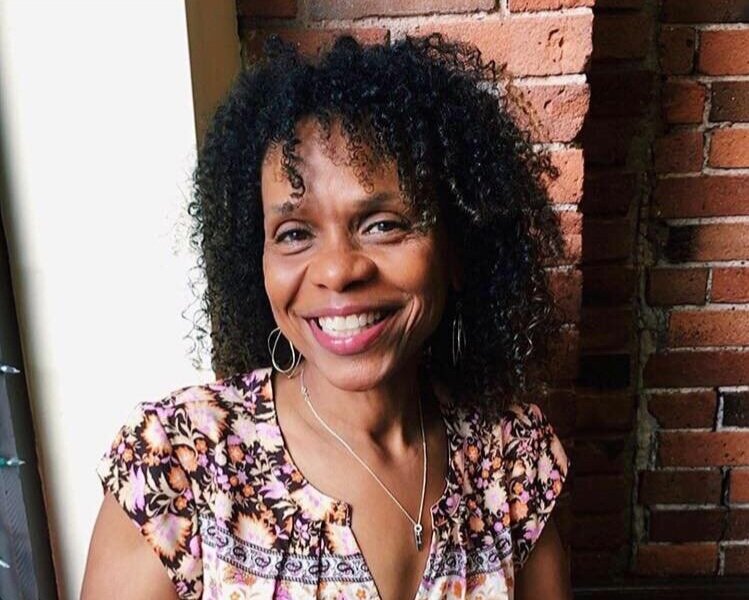Transitioning Kids with Disabilities to Adulthood

Transitioning kids with disabilities to adulthood is a process that often begins before parents are ready for it. That’s how Sandy Ramsey-Trayvick felt when transitioning became part of her son’s IEP while in middle school. Today she shares 5 tips that made the process easier for her family. She hopes they can do the same for you too.
When the focus of my son’s IEP became about transitioning him to adulthood, it seemed premature. He was in middle school. It seemed too soon to be working on things like vocational skill development, potential job placement, and independent living skills. But as premature as it seemed at 14, as he was nearing 21, it seemed like there hadn’t been enough time to prepare him—or me.
My son is 23 now. Looking back, here are some things I learned that may help in your child’s transition process.
1. Think and pray about your child’s future.
-
- What are your dreams for your child’s next chapter? What interests do they have that you want to build on?
- Where will they live? Where will they find community as an adult?
- Will they work? Go to college? What skills do they need to develop or strengthen?
- How will siblings be involved in their lives?
- What kind of support will they need?
2. Do your homework.
-
- What is your school district’s process for transitioning students to adulthood?
- What is the timeline for making the transition so that your child is set up for success?
- What resources do your district and local agencies provide to help in the transition?
- What resources will you need to find on your own? In my case, I had to find a transition coordinator for my son because the school district didn’t willingly provide that resource to children with profound special needs.
- How is funding determined? For my son, the NJCAT assessment was used to determine government funding levels. Based on responses to questions about my son’s needs, level of independence in different settings, communication skills, behavioral issues, medical issues, etc., a funding tier was assigned.
3. Do your own research.
-
- What post-school options exist in your area (e.g. day habilitation, college/trade school, employment, group homes, community based supports, etc.)?
- Which are best suited to your child’s needs and abilities?
- Prepare to visit a lot of programs. If possible, take your child’s teacher and case manager with you. Don’t rely on brochures for this. Nothing is as good as it seems on paper.
- You’ll also need to research and interview support coordination agencies to replace the case manager. Speak with other parents about their experiences.
4. Review medical needs.
-
- Have you found adult specialists to replace pediatric providers?
- If you haven’t already, now is the time to organize your child’s medical history and current medical needs: conditions, doctors, medications, etc.
5. Think through changes to be made at home.
-
- How can you help your child to become more independent? How can you help generalize skills from school to home? In what ways can you pull back to give your child a chance to grow his/her skills?
- Will you need additional support at home?
There’s a lot to think about and do when transitioning kids with disabilities to adulthood. It can feel intimidating, but creating a plan with your child’s teacher and case manager can make the process much smoother.
Do you like what you see at DifferentDream.com? You can receive more great content by subscribing to the monthly Different Dream newsletter and signing up for the daily RSS feed delivered to your email.

By Sandy Ramsey-Trayvick
Sandy and her husband are parents to three young adult children. Their son was diagnosed with multiple disabilities 21 years ago after a devastating illness as a toddler. Following her son’s diagnosis, Sandy quit her job to become his full-time caregiver and advocate.
Sandy is currently a Certified Professional Coach. Her focus is to come alongside other special needs parents, helping them to recognize choices that will enable them to reclaim freedom, renew purpose, and reactivate joy.
You can learn more about Sandy, her work and her blog at www.UNDisabledLIVES.org. You can also reach her at Sandy@UNDisabledLIVES.org.
Subscribe for Updates from Jolene
Related Posts
Experiencing Post-Traumatic Growth while Raising a Child with Disabilities
Jolene explains the benefits of experiencing post-traumatic growth while raising a child with disabilities.
Deciding to Have More Kids after the Birth of a Child with Disabilities
Kelly Simpson explains her hesitations about deciding to have more kids after the birth of a child with disabilities.
Gratitude and Lent
Guest blogger Valeria Conshafter reflects on gratitude and Lent. How can special needs parents make additional sacrifices?






0 Comments